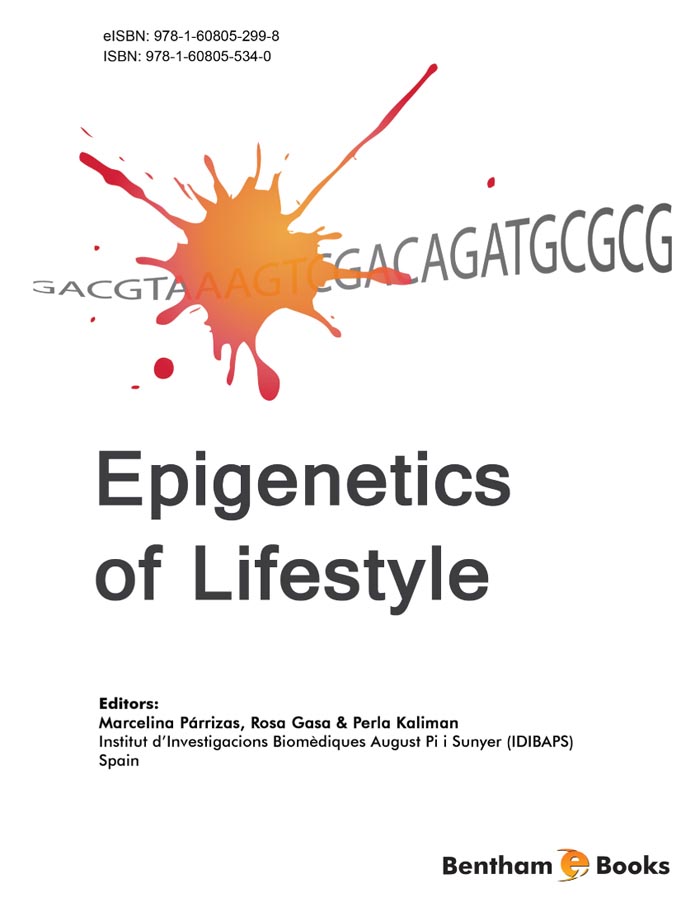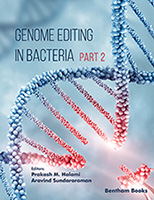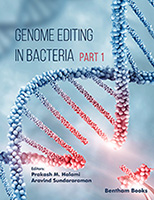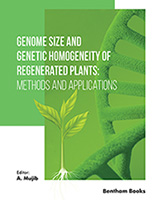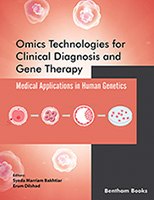Introduction
Recent advances in the fields of genomics and bioinformatics have made it increasingly clear that genetic sequence alone cannot explain how the genome regulates the development and function of complex multicellular organisms both in health and disease. This inference has led to the expansion of epigenetics as a discipline. Epigenetics refers to the way in which the environment in the wide sense participates in the regulation of gene expression. Several studies show that the well-known beneficial role of a healthy lifestyle over a number of pathologies or as a pre-emptive therapy is at least in part exerted through epigenetic mechanisms, thus giving rise to a new paradigm of preventive medicine based on the concept of genetic plasticity. In Epigenetics of Lifestyle, several contributors provide a comprehensive view of how various facets of lifestyle, including nutrition, exercise, stress, addiction or social interactions, affect chromatin (the combination of DNA and proteins that make up the contents of a cell nucleus) - resulting in profound and long-lasting changes in gene function. In summary, Epigenetics of Lifestyle is a fresh approach towards epigenetics and presents the reader with significant research findings in epigenetics and lifestyle studies. This volume is a simplified source of information for both undergraduate and working professionals interested in lifestyle medicine and life sciences in general.

